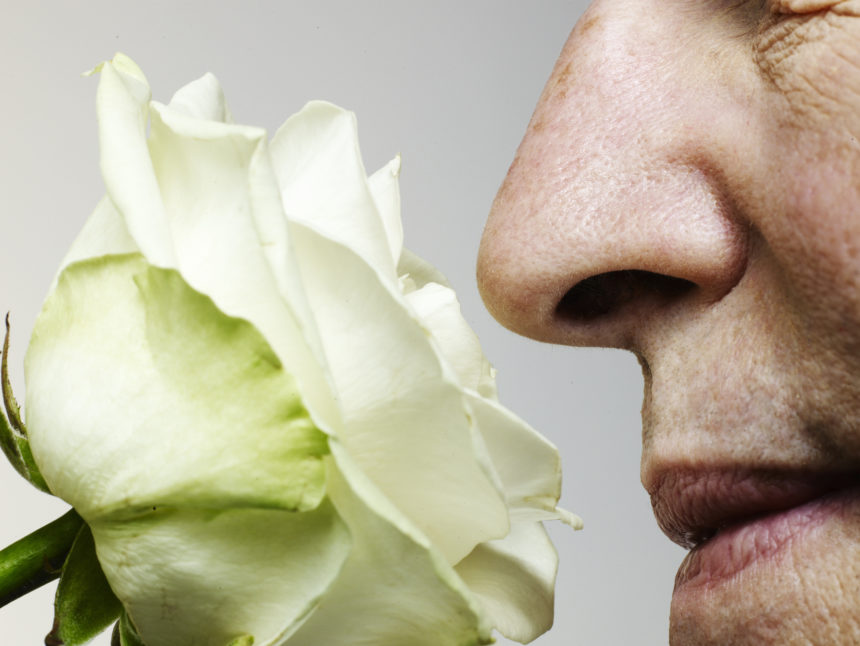
The sudden loss of smell in otherwise asymptomatic adults may be a sign that they are carrying coronavirus, and could be candidates for self-quarantine.
That’s according to British ear, nose and throat experts, who are calling on clinicians to keep watch for these symptoms in an effort to slow the spread of the disease. This could be a particularly important consideration for those who don’t meet criteria for COVID-19 testing, they stated.
“[We] might be able to reduce the number of otherwise asymptomatic individuals who continue to act as vectors, not realizing the need to self-isolate,” wrote Claire Hopkins, BMBCh, president of the British Rhinological Society, and Nirmal Kumar, president of ENT UK, in a joint statement released Friday.
The loss of smell (anosmia) is not uncommon in viral illnesses such as influenza and other coronavirus strains, wrote Hopkins and Kumar. Nevertheless, they cited “good evidence” coming from colleagues in hard-hit South Korea, China and Italy that there is a high incidence of the problem in COVID-19 patients.
Colleagues are also reporting increases in the number of patients presenting with anosmia and no other symptoms, the specialists claimed. In South Korea, where testing has been more widespread than in other countries, anosmia was a major presenting symptom in 30% of patients with mild confirmed cases, Hopkins and Kumar reported.
Hopkins suspects that in her own practice, the growing numbers of patients under age 40 who experience anosmia and eventually test positive for COVID-19 are hidden carriers who are unwittingly spreading the virus.
“Unfortunately, these patients do not meet current criteria for testing or self-isolation,” she wrote.
Identifying asymptomatic cases is perhaps nowhere more important than in eldercare facilities, where COVID-19 can spread quickly and put the most vulnerable at risk. But access to testing for staff and residents has so far been limited or unavailable, even when the virus is known to have entered a facility, the Washington Post reported on Saturday.
“One worker, if infected, can become a super spreader,” researcher Lauren Ancel Myers, Ph.D., from the University of Texas at Austin, told the news outlet.
Anosmia can linger in patients after recovery from viral illness, according to Fifth Sense, a charity for people affected by smell and taste disorders. It has recently posted guidance on the condition and COVID-19.




